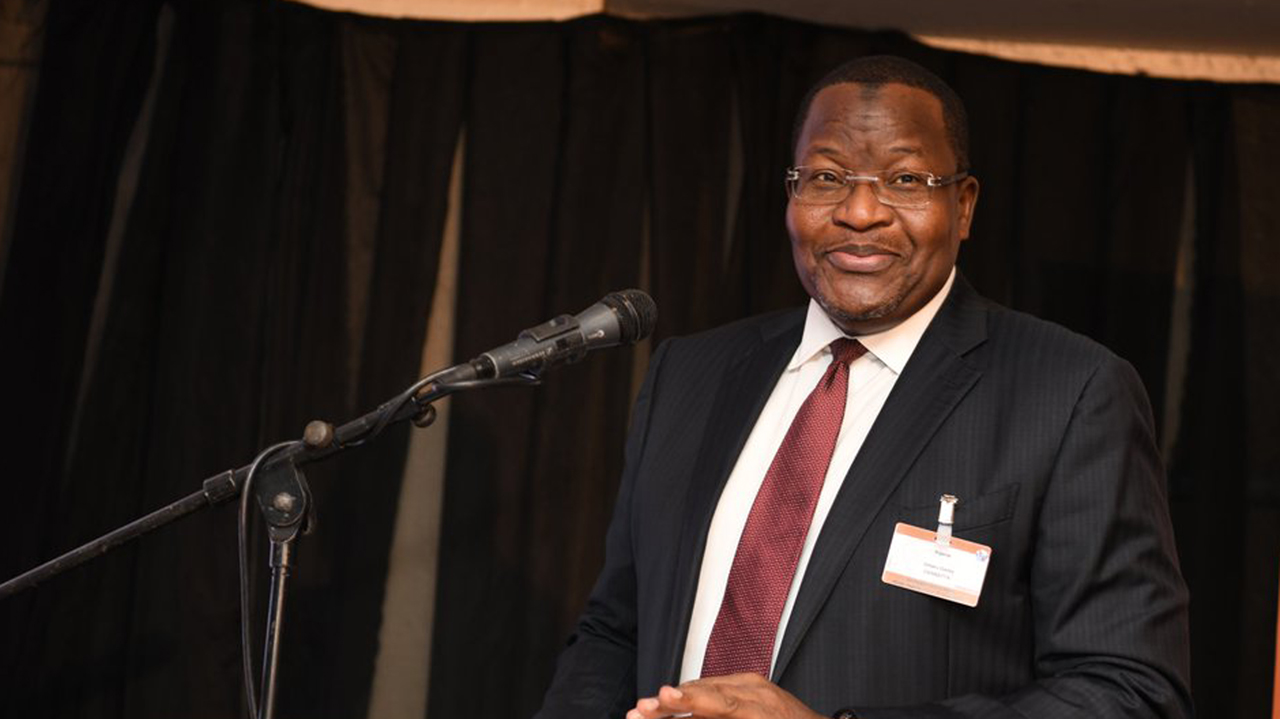
Although improving at 39.6 per cent, Africa’s Internet penetration is still low when compared to the rest of the world, which has 62.7 per cent growth.
Statistics obtained from Internet World Stats showed that between 2000 and 2019, Internet penetration grew to 61.6 per cent in Nigeria, a country estimated to house about 200 million people.
With the figure, in terms of penetration, Nigeria ranks behind Kenya, which has 89.9 per cent penetration of a population of 52.2 million. Liberia with 4.9 million has 80.9 per cent penetration; Mali with 19.6 million has 63.4 per cent Internet penetration. Morocco with 36.6 million people has 64.8 per cent penetration; and Seychelles with a population of 95,702, has 70.1 per cent Internet penetration.
Internet World Stats puts Africa’s population at 1.32 billion as of June, of which 522.8 million are connected to the Internet. The rest of the globe’s population is put at 6.4 billion, where 4.013 billion are online. Compared to the rest of the world, the continent’s Internet penetration is 11.9 per cent, while the rest of the world has 88.1 per cent.
The access gap is still huge on the Continent going by the statistics. Out of the 1.32 billion people, only 522.8 million are online. It shows that some 797.2 million people in Africa still don’t have access to the Internet. In Nigeria, there are 195 access gaps, which house some 40 million Nigerians. These people have no access to any basic telephony service.
But Nigeria through the network operators added 1.95 million new subscribers to telephony networks in the last one month.
Specifically, the figure moved from 174.9 million in July to 176.8 million in August. It amounted to a 1.02 per cent increase in the country’s teledensity.
Telephone density or teledensity is the number of telephone connections for every hundred individuals living within an area. It varies widely across the nations and also between urban and rural areas within a country. Telephone density has a significant correlation with the per capita GDP of the area. It is also used as an indicator of the purchasing power of the middle class of the country or a specific region.
According to subscribers statistics obtained from the Nigerian Communications Commission (NCC), the country’s broadband penetration also leaped, moving from 64.3 million in July to 67 million users in August. The growth put the penetration at 35 per cent.
The Internet penetration showed that the quartet of MTN, Airtel, Globacom, and 9Mobile lost 95,903 subscribers within the period under review. Specifically, Airtel leaped from 32.4 million in July to 32.7 million in August; Globacom from 29.1 million to 29.5 million. MTN fell from 52.3 million to 51.6 million, and 9Mobile from 8.8 million to 8.6 million within the period under review.
However, MTN remained the largest operator with 65.7 million subscribers and 37 per cent. Airtel is the second with 47.9 million and 27 per cent market share. Globacom with 47.3 million subscribers controlled 26.7 per cent; while 9Mobile with nine per cent market share and 15.6 million subscribers.
The statistics showed that telecoms sub-sector had as second quarter of 2019 contributed 11.39 per cent to the country’s Gross Domestic Product.
Meanwhile, through the National Numbering Plan, about 314.15 million new telephone numbers have been provided for telecommunications operators by the NCC.
The new telephone numbers were added in the first quarter of 2019 and belonged to about 44 licensed telecom operators.
The numbering plan is used to allocate a unique national number to each subscriber connected to the national telephone system.
Some of the operators with national and states licenses, according to a document on NNP from NCC, are MTN Nigeria Communications, Vodacom, Globacom, NATCOM, 9Mobile, 21st Century Technologies Limited, Airtel Networks Limited, and Cyberspace Limited.
Meanwhile, the GSM technology remains the dominant tech in the industry with 99.58 per cent penetration. While CDMA has zero per cent; Fixed wired/wireless technology is 0.08 per cent, and Voice over Internet Protocol 0.34 per cent.
[ad unit=2]






